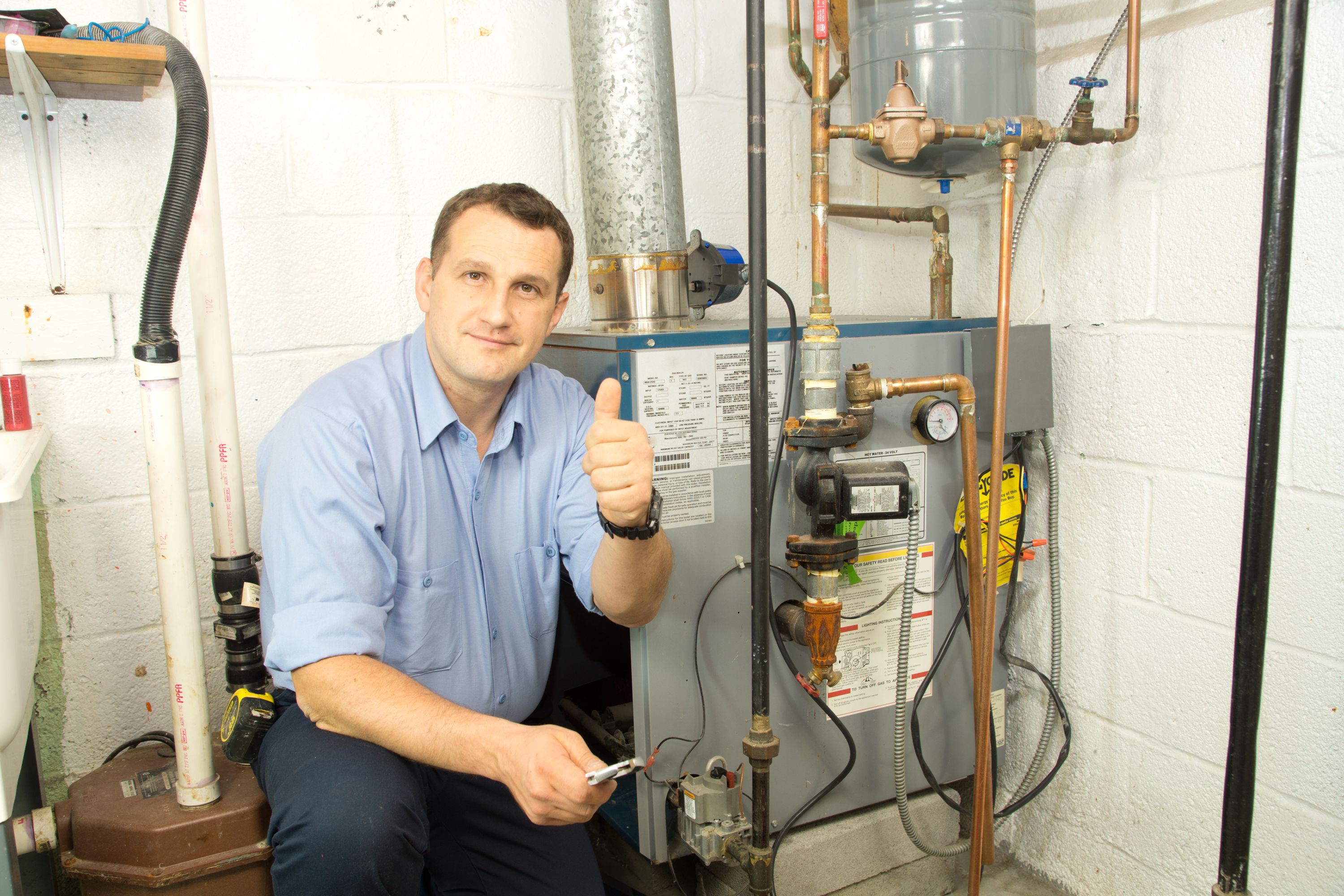How to Heat a Commercial Property or Home | Best Way to do it
Interested in learning the best way to heat a home or commercial property? Can you do it in a more efficient way? Before you begin your search for a HVAC contractor, you need to know what options you have. What kind of heating unit do you want in your home? WIll you switch from electric to gas, or from gas to electric? Or are you going to update what you already have?
Keeping your property warm should be a priority during the colder seasons. Below you will find a list of seven different ways you can heat your home or commercial property.
1. Central Warm Air Furnace
A central furnace is something many households in colder climates rely on to keep their house warm. This furnace delivers heated air to each room in the house through air vents and ducts. This furnace can be powered by electric, oil or gas.
2. Steam or Hot Water System
Steam does a great job in making sure heat is transferred throughout your house. It’s mass density is low and can be adjusted at most temperatures. It is fast acting and has very good control. However, hot water boilers are more efficient than steam boilers.
3. Heat Pump
Heat Pumps move heat made by thermal energy in the opposite direction of where the heat is transferred. It takes heat from a colder area and releases it to a warmer location. A small amount of power is needed for this process.
4. Floor, Wall, or Pipeless Furnace
This type of furnace does not have ducts. It has an enclosed chamber where the fuel is burned. The electrical-resistance heat is then generated to warm the rooms of a building. This type of furnace is found beneath the floor and this helps radiate heat into the room above or to the sides.
5. Heating Stove
Heating stoves can burn a many different types of fuel including gas, wood, or pellet fuel. The design of the heating stove appeals to people who like a more old fashioned or comforting feel to their home . The heating stove is connected to a chimney or flue with heat that travels through stove pipes. Once the fuel is turned on or enginited, warm gases begin to flow through the pipes.
6. Room Heater
Small space heaters are generally used for one room only. The heat doesn’t reach very far, so it's not convenient to heat the whole house.
7. Fireplace
Fireplaces decrease heating costs down significantly. It allows you to cut back on how much you use your central thermostat, something that makes a dent in your monthly bill during the colder weather. Homeowners can reduce heating costs up to 40 percent.
Electric vs Gas Heating
Gas Heating
If you live in a colder area and depend on heating your home most of the year, gas heat is the best way to go.
- Cheaper use
- Faster Heating
- Expensive to install
- Unit has shorter lifespan
- More Maintenance Required
Electric Heating
Electric heat is the best option if you live in a warmer area or where gas heat isn’t an option.
- Low Installation Cost
- Flexible installation
- Easy Maintenance
- Higher lifetime costs
- Takes longer to generate heat
So now it’s time to decide, Electric or gas?
Category: Heating Contractors
Business News
Popular Posts
- Universal Pursuit of Happiness - Wisdom from World Religions
- Overcoming Ego and Self-Centeredness - Lessons from World Religions
- Transcending Materialism - Spiritual Practices from World Religions
- Overcoming Prejudice and Intolerance - Guidance from Global Faiths
- How Mind Balance Can Improve the Mindsets of Employees
- Interfaith Insights by 1WorldPeace - The Top 100 Universal Beliefs in Global Spirituality
- Bridging Beliefs - Finding Common Ground in Love and Respect
- The SmartGuy Vision - A United Future Through Interfaith Love and Respect
- A Cautionary Vision - The Grim Future of a Divided World Without Love and Balance
- A Tapestry of Faiths - Exploring the Common Threads in World Religions
- Fostering Harmony Among Christianity Islam Buddhism Hinduism and Judaism
- Preparing Kids for Adulthood - 15 Vital Skills They Wont Learn in School
- Navigating Diversity - Jerusalem's Tactical Approach to Interfaith Harmony
- Clearing Mental Plaque: The Path to Enhanced Communication and Divine Connection
- Why Return to Jesus Christ and the Church
- Top 50 Ways to Live Longer
- Adventurous Romance -The Key to Enhancing Relationship Chemistry
- Pork Tenderloin with Mustard Cream Sauce
- Navigating Technology and Media for Optimal Mental Well-Being
- Understanding the Link Between Mental Health and Substance Abuse
